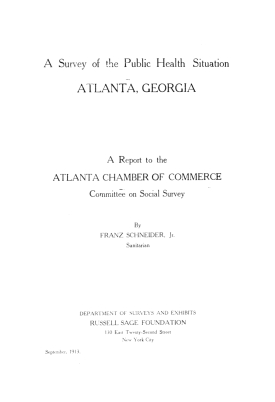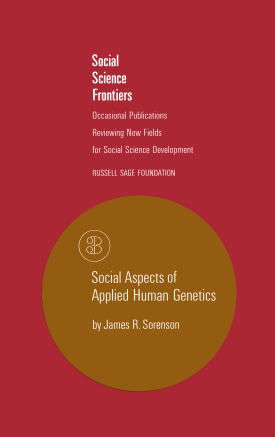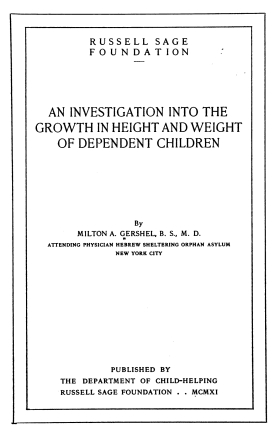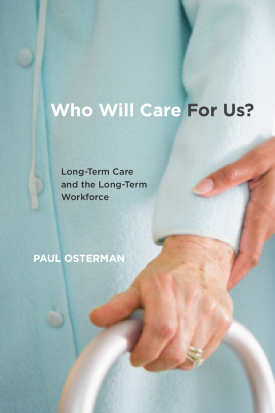A Volume in the American Sociological Association’s Rose Series in Sociology
Winner of the 2020 Gerontological Society of America’s Richard Kalish Innovation Publication Award
“Comprehensive, cogent, and carefully researched, Golden Years? provides a window onto the realities, risks, and disparities confronting the burgeoning numbers moving to and through life after age sixty-five. But Deborah Carr also showcases possibilities—ways governments, communities, and families can rewrite the scripts of later adulthood in ways that promote greater equality and life quality. This book is must reading for understanding both aging and our aging society—for individuals, family members, students, scholars, and policy makers. An instant classic!”
—PHYLLIS MOEN, director, Life Course Center and McKnight Endowed Presidential Chair in Sociology, University of Minnesota
“Deborah Carr provides an engaging and clearly written analysis of the key questions and controversies driving social science aging research. Golden Years? is essential reading for everyone from those engaged in this research to students who are being exposed to the topic for the first time.”
—PAMELA HERD, professor, McCourt School of Public Policy, Georgetown University
Thanks to advances in technology, medicine, Social Security, and Medicare, old age for many Americans is characterized by comfortable retirement, good health, and fulfilling relationships. But there are also millions of people over 65 who struggle with poverty, chronic illness, unsafe housing, social isolation, and mistreatment by their caretakers. What accounts for these disparities among older adults? Sociologist Deborah Carr’s Golden Years? draws insights from multiple disciplines to illuminate the complex ways that socioeconomic status, race, and gender shape nearly every aspect of older adults’ lives. By focusing on an often-invisible group of vulnerable elders, Golden Years? reveals that disadvantages accumulate across the life course and can diminish the well-being of many.
Carr connects research in sociology, psychology, epidemiology, gerontology, and other fields to explore the well-being of older adults. On many indicators of physical health, such as propensity for heart disease or cancer, black seniors fare worse than whites due to lifetimes of exposure to stressors such as economic hardships and racial discrimination and diminished access to health care. In terms of mental health, Carr finds that older women are at higher risk of depression and anxiety than men, yet older men are especially vulnerable to suicide, a result of complex factors including the rigid masculinity expectations placed on this generation of men. Carr finds that older adults’ physical and mental health are also closely associated with their social networks and the neighborhoods in which they live. Even though strong relationships with spouses, families, and friends can moderate some of the health declines associated with aging, women—and especially women of color—are more likely than men to live alone and often cannot afford home health care services, a combination that can be isolating and even fatal. Finally, social inequalities affect the process of dying itself, with white and affluent seniors in a better position to convey their end-of-life preferences and use hospice or palliative care than their disadvantaged peers.
Carr cautions that rising economic inequality, the lingering impact of the Great Recession, and escalating rates of obesity and opioid addiction, among other factors, may contribute to even greater disparities between the haves and the have-nots in future cohorts of older adults. She concludes that policies such as income supplements for the poorest older adults, expanded paid family leave, and universal health care could ameliorate or even reverse some disparities.
A comprehensive analysis of the causes and consequences of later-life inequalities, Golden Years? demonstrates the importance of increased awareness, strong public initiatives, and creative community- based programs in ensuring that all Americans have an opportunity to age well.
DEBORAH CARR is professor and chair of sociology at Boston University







